I've mentioned Dalio and the Kondratieff wave before. His recent article explains his investment model and likelyhood of a second civil war. Two years ago his probability estimate was 1 in 3, which I thought too low, but today he's in sync with me: 
"Now I think the risk of some form of civil war is uncomfortably more than 50 percent, and I am confident that in the next year we will know the answer..."
"we are probably headed toward an existential battle ... in which you will have to pick a side and fight for it, or keep your head down, or flee."
"By flee, I think that will mostly be from one state to another and we will see increased emphasis on state rights rather than the central government being dominant. A clash between state governments and a fractured central government appears likely"
This is why I traded Vancouver, WA for Tallahassee, FL. I read State legislation news every week and the blue States are doubling down on insanity while the red States are re-trenching back towards tradition.
"this late-cycle debt dynamic is now playing out in the United States at both the state and federal levels, with the main difference between them being that state governments can’t print money to pay their debts while the federal government can.
And that's why I wrote and distributed the Gold Token white paper last April. Fifteen States have submitted gold depository bills since then. It's nice to have Dalio confirm my precognition.
And one last quote:
"Those places (cities, states, and countries) that have the largest wealth gaps, the largest debts, and the worst declines in incomes are most likely to have the greatest conflicts. Interestingly, those states and cities in the US that have the highest per capita income and wealth levels tend to be the states and cities that are the most indebted and have the largest wealth gaps"
In other words, the blue Cities are likely to have the greatest economic collapse, turmoil and violence.
The divergence of Red versus Blue States is easy to see in these maps for Depository Legislation (money), "We Stand With Texas" (immigration), Title IX lawsuits (gender and education) and Block Immigrants From Obamacare lawsuits (immigration and healthcare), EPA mandate rejection (environment) , ActBlue Money Laundering (campaign finance) and WHO treaty rejection (healthcare).
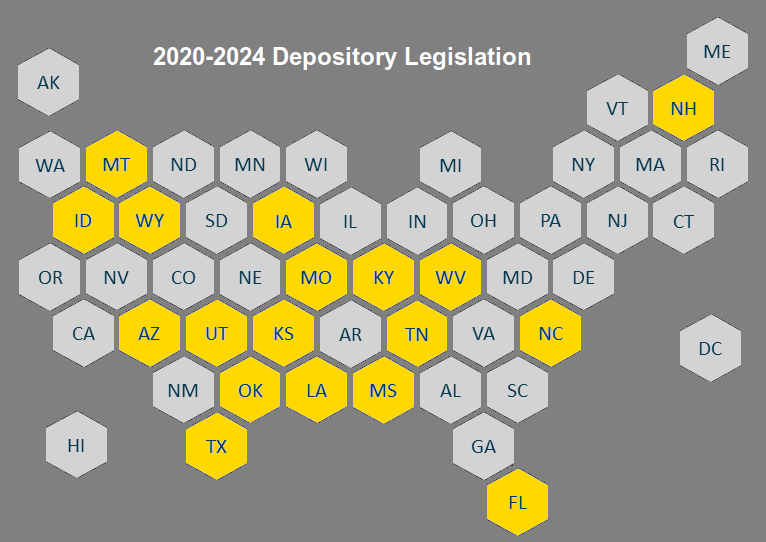
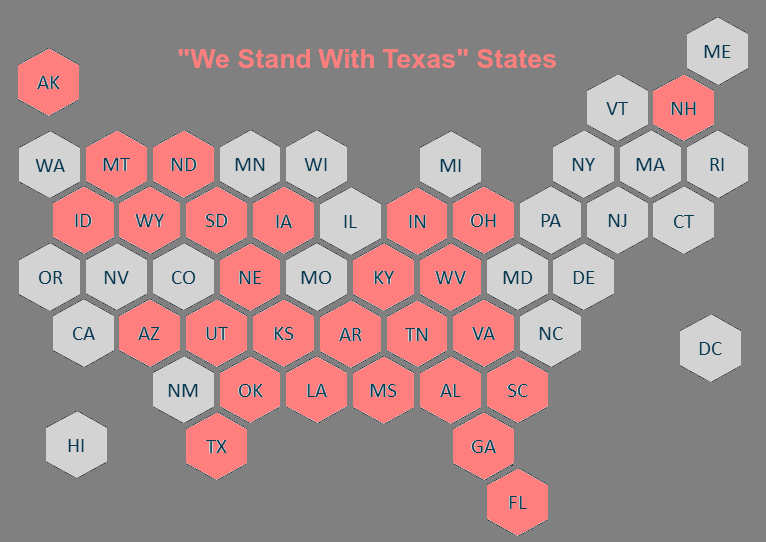
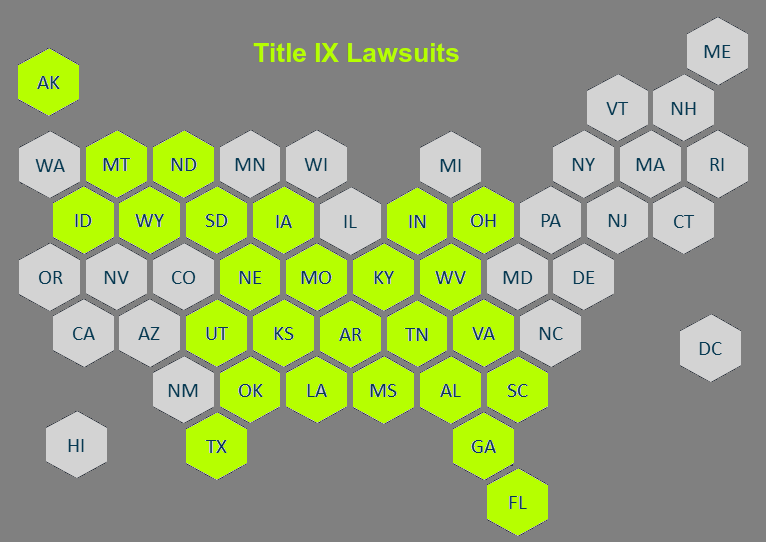
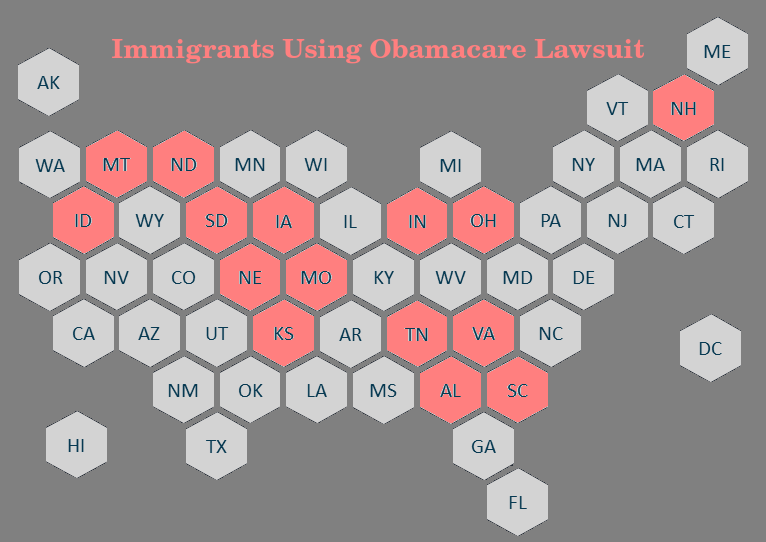
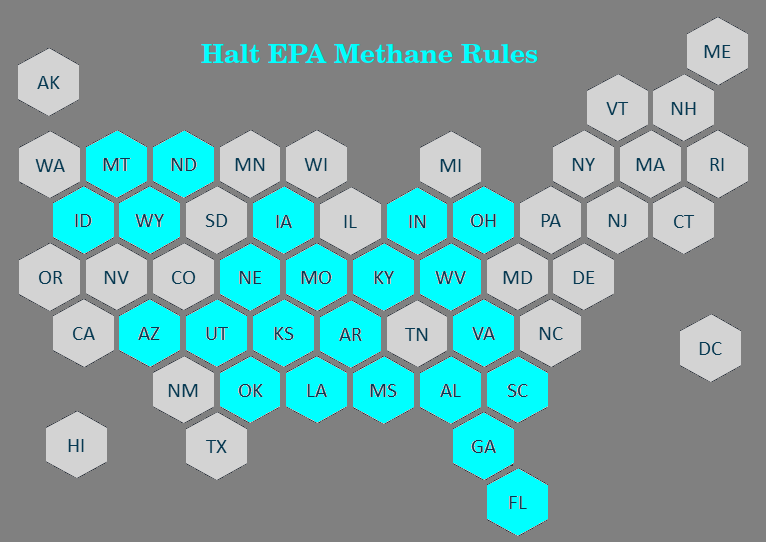
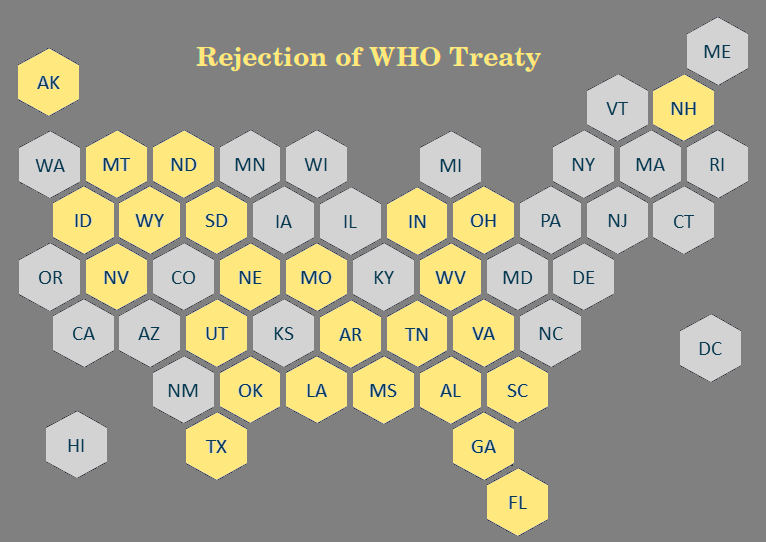
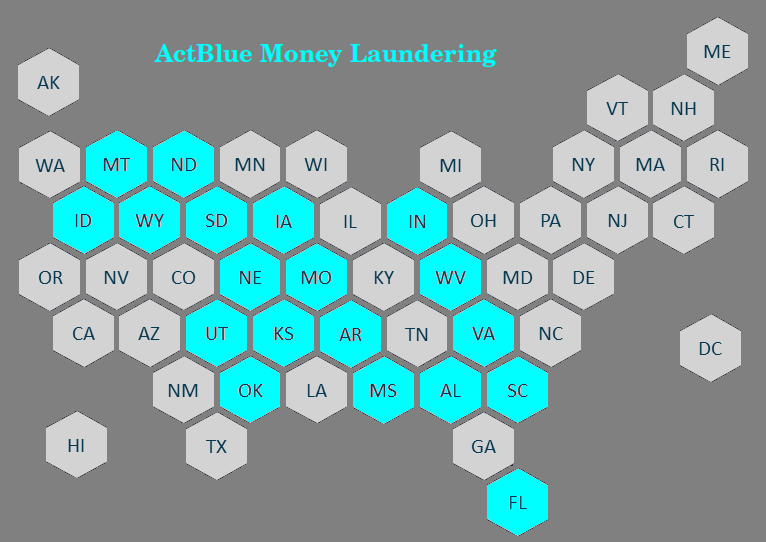
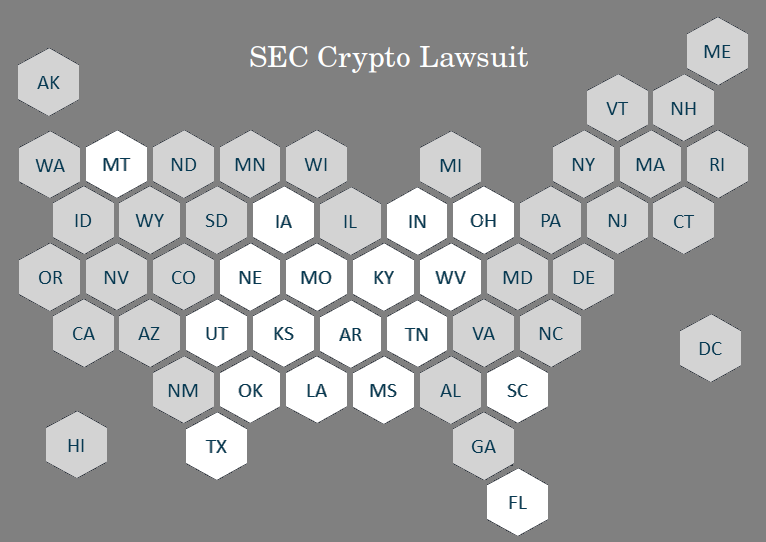

Comments